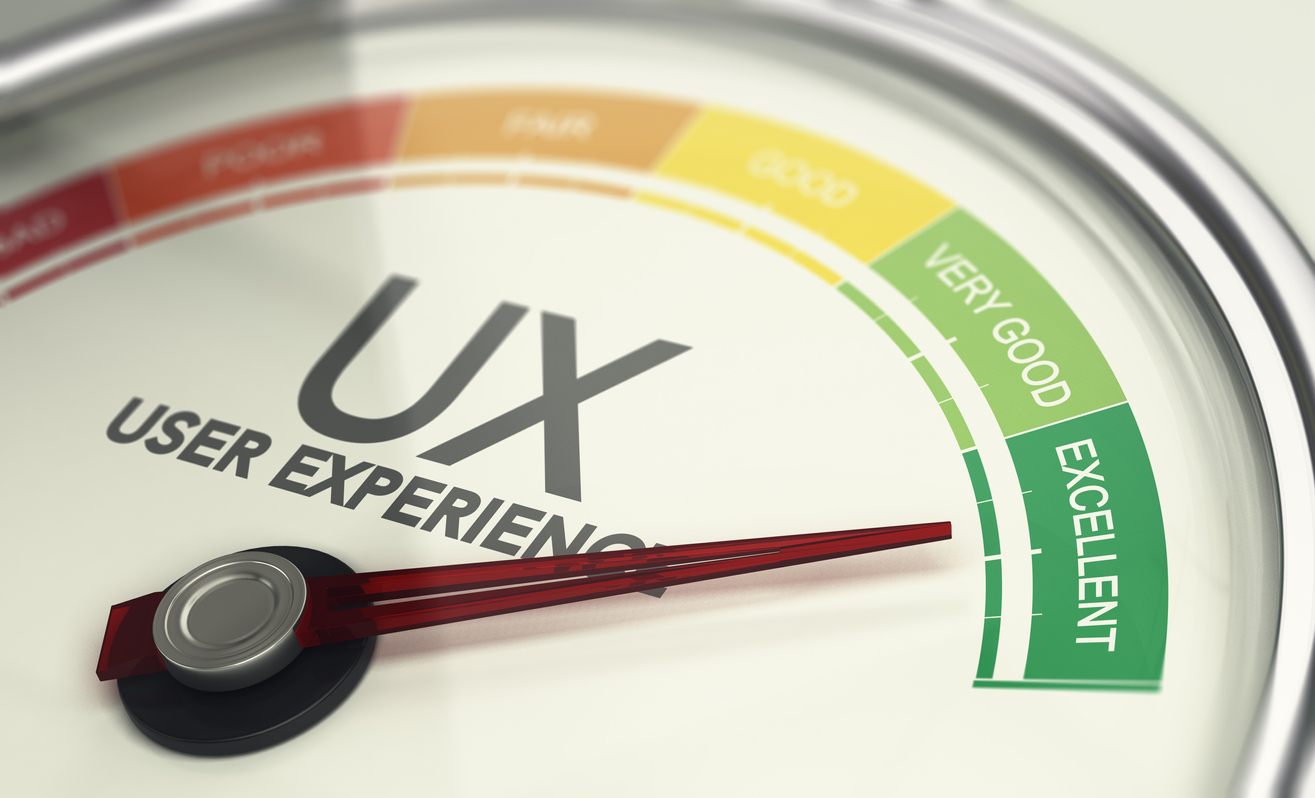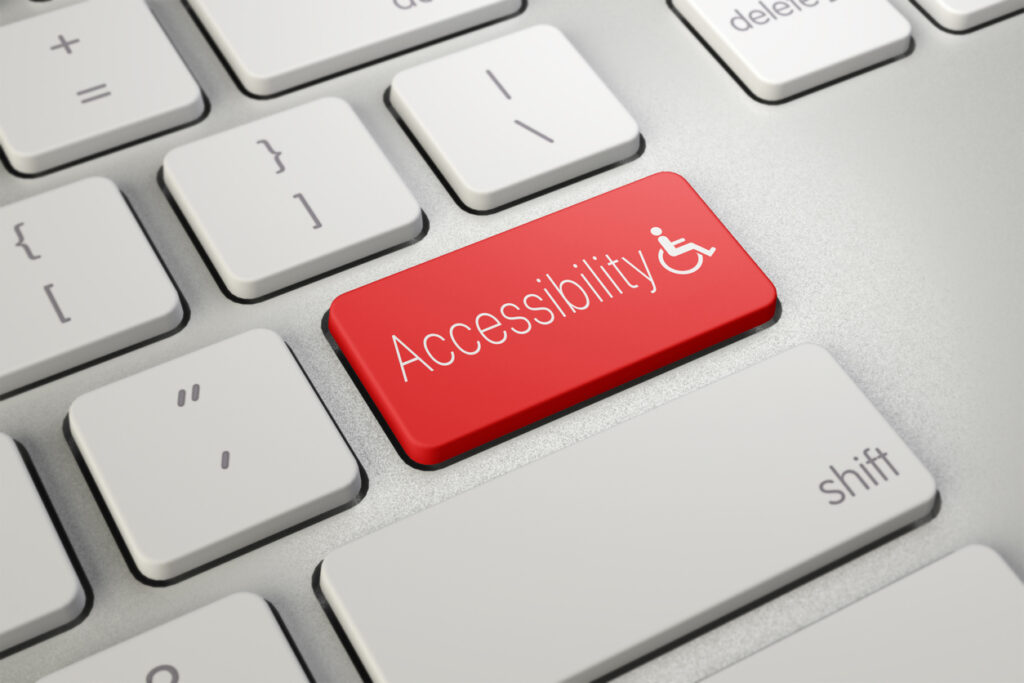In today’s digital age, a company’s website is often the first point of interaction between a business and its potential customers. With this in mind, a website’s design can have a profound impact on how a brand is perceived and whether users feel comfortable engaging with the company. A professionally designed website can convey credibility and trustworthiness, while a poorly designed one can quickly drive potential customers away.
In this blog post, we’ll explore how the design of your website influences your brand’s credibility and why it’s essential to invest in a website that reflects professionalism, quality, and trust.
First Impressions Matter
It takes only a few seconds for users to form an opinion about your website, and in those crucial moments, design plays the most important role. According to research, 75% of users judge a company’s credibility based on its website design. The layout, color scheme, typography, and overall aesthetic influence how visitors perceive your brand.
A modern, clean design with an easy-to-navigate interface signals professionalism and attention to detail. On the other hand, outdated, cluttered, or poorly organized websites create a negative first impression and cause users to question the legitimacy of the brand.
Consistency and Branding
A well-designed website reflects consistency in branding, which is key to building trust with your audience. When users visit your site, they should see a cohesive brand identity that includes your logo, color palette, font choices, and imagery, all aligning with the values and personality of your business.
Consistent branding across all pages of your website reassures visitors that they are interacting with a reliable, established company. In contrast, inconsistency can lead to confusion and distrust, making it harder for users to connect with your brand.
User Experience and Trust
Beyond aesthetics, website design directly impacts user experience (UX), which plays a significant role in building trust with your audience. A well-optimized website should be easy to navigate, with clear calls to action (CTAs), logical page structures, and intuitive navigation.
A confusing or cumbersome user experience can lead to frustration, causing users to abandon the site before completing desired actions. For example, if a visitor has to click through several pages to find basic information or experiences broken links, they are less likely to trust your company. Ensuring that your website is user-friendly, responsive across devices, and quick to load will build confidence in your brand’s professionalism.
Mobile Responsiveness
In an era where mobile devices account for more than half of all web traffic, a mobile-friendly website is essential for maintaining credibility. Google’s mobile-first indexing also means that your site’s mobile version is the primary version that search engines consider when ranking pages. If your website isn’t optimized for mobile users, you not only risk losing out on SEO but also alienating a large portion of your potential audience.
A mobile-responsive design ensures that your site adjusts seamlessly to different screen sizes, providing a smooth user experience on smartphones, tablets, and other devices. This contributes to a positive perception of your brand and shows that you are attentive to the needs of modern users.
Trust Indicators: Security, Testimonials, and Certifications
A professional website should also include elements that explicitly build trust. Trust indicators such as secure payment options (SSL certificates), customer testimonials, client logos, and certifications can reassure visitors that your business is reputable and credible.
For example, displaying badges like “Verified by Visa” or “BBB Accredited” can help visitors feel more secure when interacting with your site, especially if you’re running an e-commerce platform. User testimonials and case studies also provide social proof, showing potential customers that others have had positive experiences with your business.
SEO and Visibility
Finally, professional website design has a direct impact on your search engine visibility. Search engines like Google value well-structured, user-friendly sites when determining rankings. Elements like clean code, fast load times, and mobile responsiveness all contribute to a positive SEO score, helping your website rank higher in search results.
Improved SEO not only drives more organic traffic to your site but also reinforces the credibility of your brand. Users tend to trust websites that appear on the first page of search engine results, and a high ranking can signal to potential customers that your business is authoritative in its industry.
Conclusion
The design of your website is more than just an aesthetic choice—it’s a vital component of your brand’s credibility and trustworthiness. From creating a positive first impression to ensuring consistency in branding and user experience, your website design can either build or erode trust with potential customers.
At Swamp Rabbit Media, we specialize in creating visually appealing, highly functional websites that reflect your brand’s identity and values. By prioritizing user experience, mobile responsiveness, and SEO best practices, we help businesses establish credibility and thrive in the digital space.
If you’re ready to revamp your website and elevate your brand’s online presence, reach out to Swamp Rabbit Media today!





